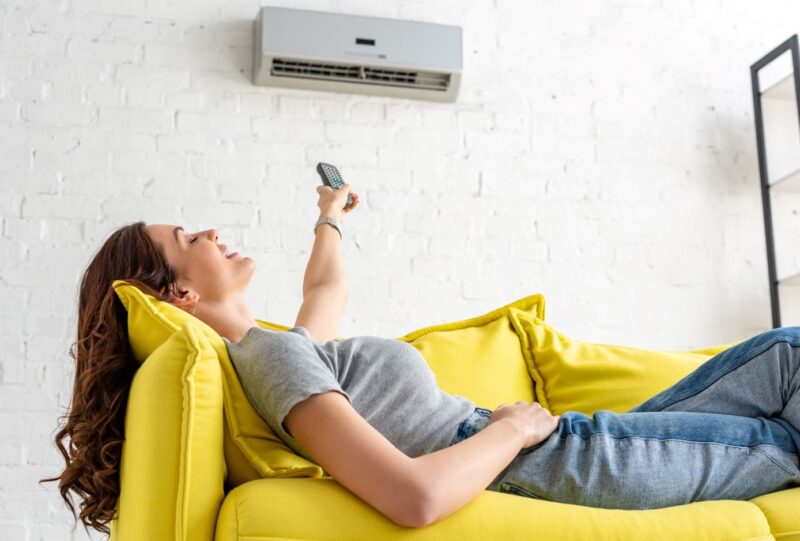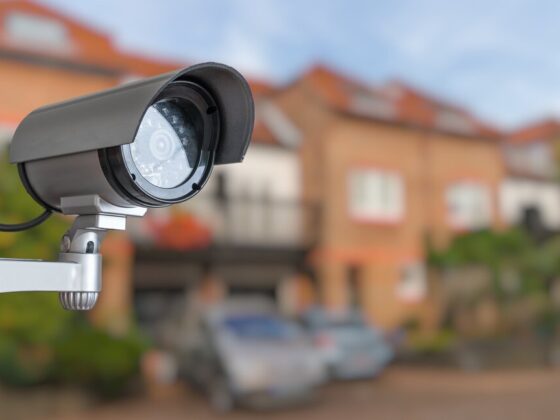As a homeowner, it’s important to ensure that your heating and cooling system is running efficiently and effectively. Regular maintenance of your HVAC system can help save you money on energy bills, prevent costly repairs, and extend the lifespan of your system. While it’s important to have a professional HVAC technician inspect and service your system regularly, there are several DIY maintenance tasks that homeowners can perform themselves to keep their system in tip-top shape. In this blog post, we will discuss some simple tips and tricks for DIY heating and cooling maintenance.
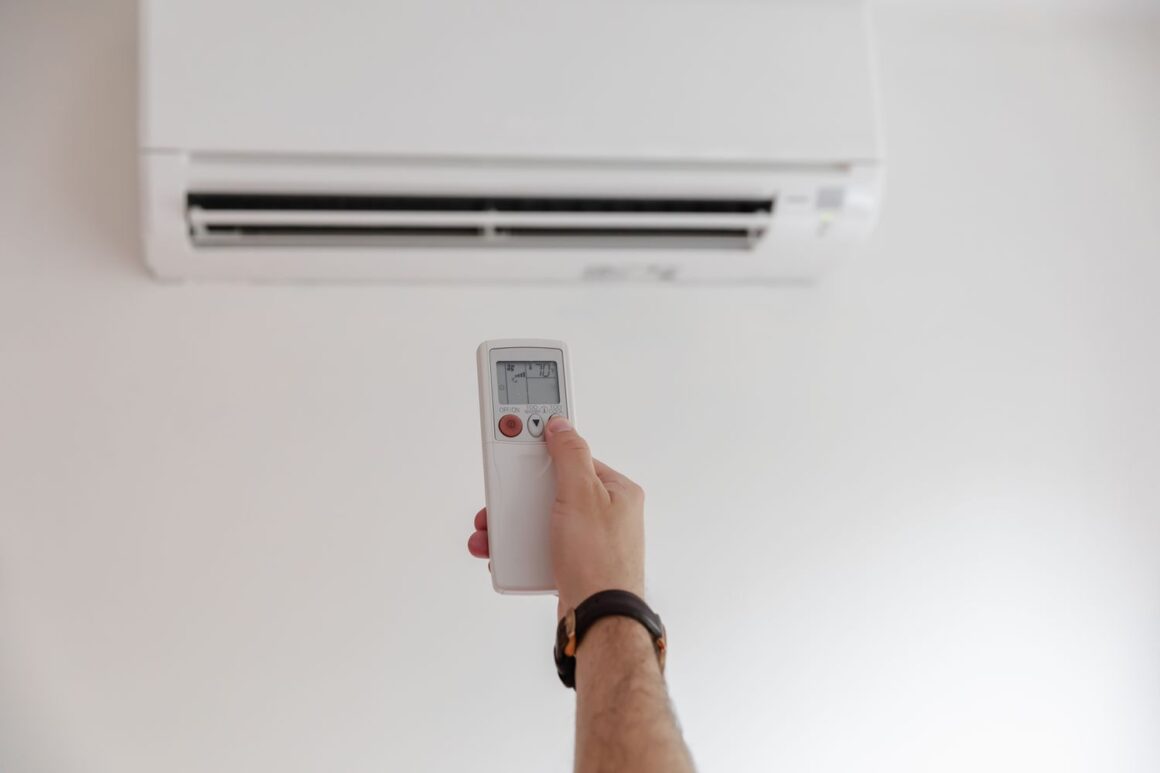
Understanding the Basics of Your Heating and Cooling System
Before we dive into the maintenance tips or call Heating And Cooling Services, it’s important to have a basic understanding of how your heating and cooling system works. Your HVAC system is responsible for regulating the temperature, humidity, and air quality in your home. It consists of two main components: the indoor unit and the outdoor unit.
The indoor unit, typically located in a closet or utility room, contains the furnace or air handler, which is responsible for heating and circulating the air in your home. It also houses the evaporator coil, which cools the air as it passes over it.
The outdoor unit, typically located outside your home, contains the compressor and condenser coils, which work together to cool the refrigerant and expel heat from your home.
Simple Tips for Maintaining Your HVAC System
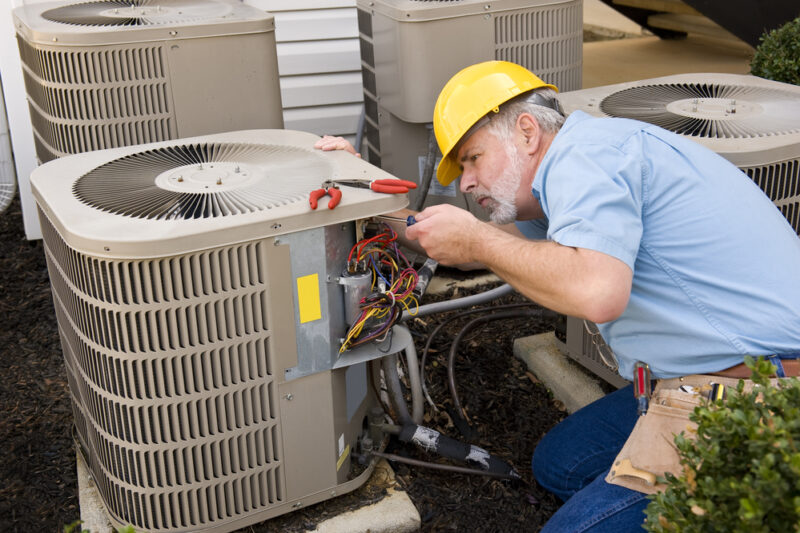
Now that you understand the basics of your heating and cooling system, let’s discuss some simple tips for maintaining it.
Cleaning and Replacing Air Filters
One of the easiest and most important maintenance tasks you can perform is cleaning or replacing your ar filters regularly. They help to trap dust, pollen, and other airborne particles, preventing them from circulating throughout your home. Over time, these filters can become clogged, reducing airflow and causing your system to work harder than necessary.
To clean your filters, simply remove them from the unit and vacuum them or rinse them off with a hose. If your filters are disposable, replace them according to the manufacturer’s recommendations.
When choosing air filters, consider the MERV rating, which indicates the filter’s efficiency at capturing airborne particles. Higher MERV ratings are more effective but can also restrict airflow, reducing the efficiency of your HVAC system. Consider the needs of your household, such as allergies or pets, when selecting a filter.
Checking and Adjusting Thermostat Settings
Your thermostat is responsible for regulating the temperature in your home. If it’s not functioning properly, it can cause your system to work harder than necessary, leading to higher energy bills and premature wear and tear on your system.
To ensure that your thermostat is working properly, check the batteries and make sure that the settings are accurate. Consider upgrading to a programmable thermostat, which can help save you money on energy bills by automatically adjusting the temperature based on your schedule.
Inspecting and Cleaning Ducts
Your air ducts are made for distributing heated or cooled air throughout your home. Over time, they can become clogged with dust, dirt, and other debris, reducing airflow and causing your system to work harder than necessary.
To clean your ducts, start by removing the vent covers and vacuuming out any debris that you can reach. Consider hiring a professional duct cleaning service to clean the hard-to-reach areas and ensure that your ducts are free of mold and other contaminants.
Maintaining Your Outdoor AC Unit
Your outdoor AC unit is exposed to the elements year-round, which can cause it to become dirty and clogged with debris. To keep it running smoothly, it’s important to perform some basic maintenance tasks, such as:
- Clearing away any debris or vegetation that may be blocking the airflow
- Washing the unit with a hose to remove dirt and grime
- Straightening any bent fins with a fin comb
- Lubricating the motor and other moving parts
- Checking the refrigerant levels and topping off if necessary
- Preventing and Repairing Leaks
Air leaks can occur in your HVAC system, causing heated or cooled air to escape and reducing the efficiency of your system. To prevent leaks, make sure that all ducts are properly sealed and insulated. You can use duct tape or mastic sealant to seal any gaps or leaks in your ducts.
If you notice air leaks around windows, doors, or other openings in your home, consider using weather stripping or caulking to seal the gaps. This can help to prevent drafts and keep your home more comfortable.
If you do notice air leaks in your HVAC system, it’s important to have them repaired as soon as possible. A professional HVAC technician can inspect your system and identify any leaks or other issues that may be impacting its efficiency.
When to Call a Professional HVAC Technician
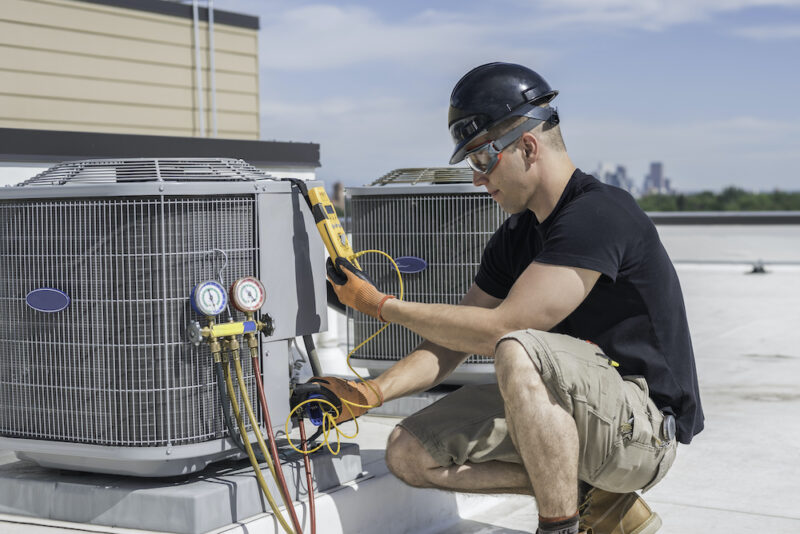
While DIY maintenance can help to keep your HVAC system running smoothly, some tasks should be left to the professionals. Some examples include:
- Installing or repairing ductwork
- Cleaning the evaporator or condenser coils
- Handling refrigerant
- Repairing or replacing major components, such as the compressor or blower motor
If you’re unsure whether a task requires professional assistance, it’s always best to err on the side of caution and contact a qualified HVAC technician.
Conclusion and Recap of DIY Heating and Cooling Maintenance Tips
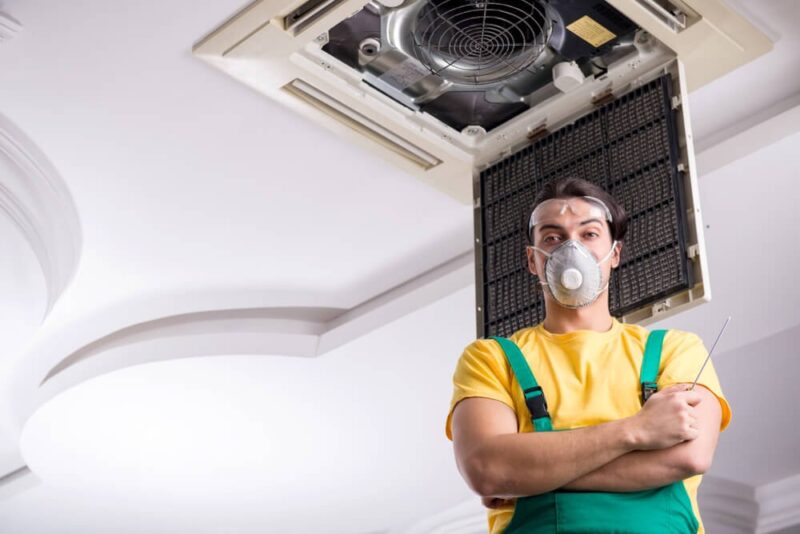
Regular maintenance of your heating and cooling system is essential for ensuring that it runs efficiently and effectively. By following these simple tips and tricks for DIY heating and cooling maintenance, homeowners can save money on energy bills, prevent costly repairs, and extend the lifespan of their HVAC system.
Remember to clean or replace air filters regularly, check and adjust thermostat settings, inspect and clean air ducts, maintain your outdoor AC unit, prevent and repair air leaks, and address any common HVAC problems as soon as they arise.
While DIY maintenance can be helpful, it’s important to know when to call a professional HVAC technician. By working together, homeowners and HVAC professionals can help ensure that HVAC systems are running smoothly and efficiently for years to come.

